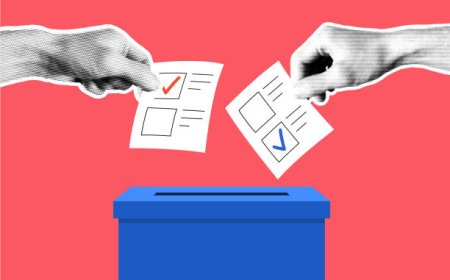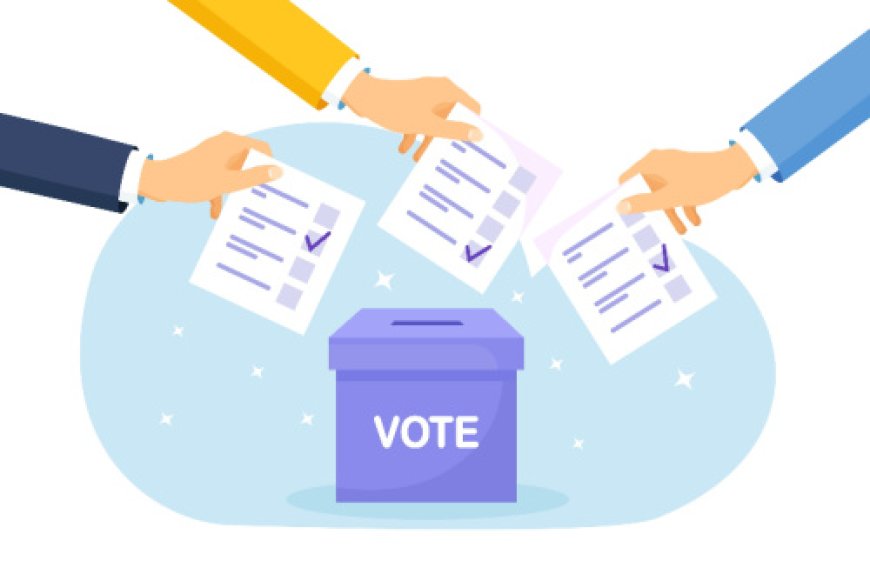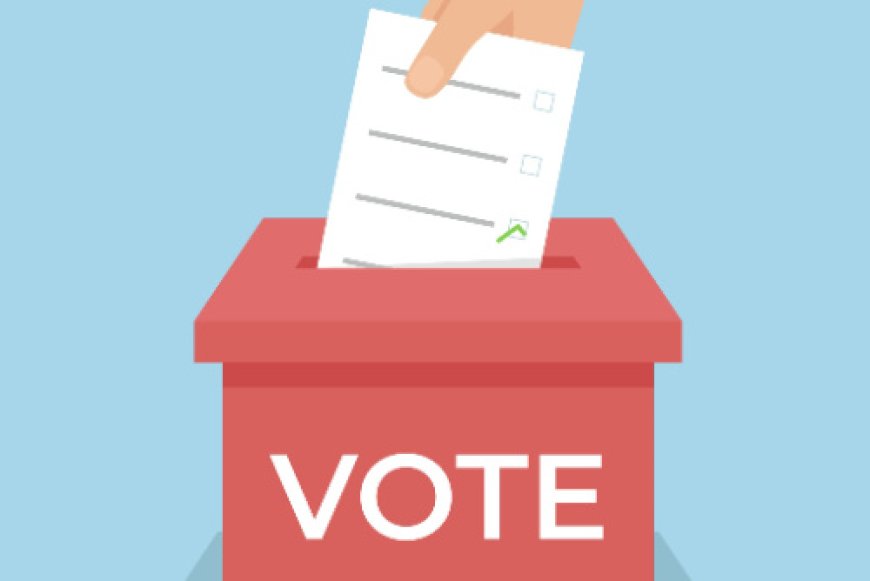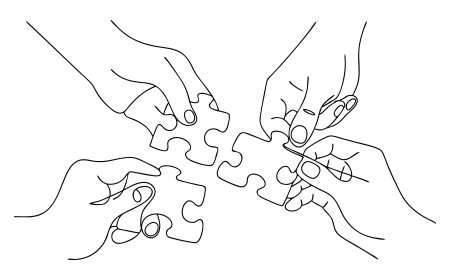How To Get From A To B
Unless we reach a consensus on key issues such as the July Charter and constitutional reforms, debating whether the elections should be held in February or April are meaningless. With consensus, February makes most sense. Without consensus even April may not happen.
After discussions with several important individuals, it seems to me that it is because a large portion of the country’s population registers their birth certificates on January 1, that the election date has been set for April 2026 to accommodate these voters. Professor Yunus recently stated that a significant portion of the population registers their births on January 1, and their needs must be considered.
However, if this is the primary reason for scheduling the election in April, based on the Citizen Coalition’s own research and various data and insights, I believe the argument for setting the election date in April to include voters with January 1 birth certificates is neither statistically, legally, nor practically sound.
Instead, the primary rationale for holding the election in April should be constitutional reform.
Have the BNP and other political parties reached a logical consensus on the July Charter, the proposals of the Consensus Commission regarding proportional seat allocation in the upper house, and neutral appointments to constitutional positions, including the appointment process for the top half dozen issues?
If they have, according to the Citizen Coalition’s research team, holding the election in the first two weeks of February, before Ramadan, is a far better and more realistic option than an April election after Ramadan.
However, if the BNP and other parties fail to reach a consensus on the core reform proposals, discussions may drag on, and there is every possibility that the election may not happen in April 2026 -- it could be delayed further. This is because, without agreement on the fundamental issues, the election date will keep getting postponed.
On May 15, under the leadership of Shahidul Alam and Irene Khan, the Citizen Coalition published a preliminary draft of seven proposals and two roadmaps.
In this proposal, we clearly stated: “Elections are necessary for reforms,” and we also set a condition: if no consensus is reached on the July Charter and some key issues, the next government, public movements, and the current interim government will lack any moral or legal foundation. This would create permanent instability in the country and betray the expectations of the martyrs of the mass uprising.
Based on the Fbruary 2025 reforms, the Citizen Coalition developed an election roadmap targeting February 1, 2026 which we prepared to publish in due time after gathering feedback from our internal stakeholders. This roadmap was crafted based on the opinions of the country’s most reliable election experts.
Since no budget allocation for structural reforms was included in the 2025-26 fiscal year budget, it can be assumed that the government is not pursuing a structural reform agenda, but is instead aiming to establish a minimal consensus on constitutional and legal provisions.
Keeping this reality in mind, we developed our roadmap based on how constitutional reforms can be implemented, targeting February 1, 2026, as a potential election date.
The BNP and like-minded parties have rejected the government’s announced April election date, demanding a vote in December, which is intensifying the political crisis.
In this context, we believe the Citizen Coalition’s draft proposal for a February 1, 2026, election is an acceptable alternative because our proposal technically outlines a complete mechanism for implementing constitutional reforms, ensuring opportunities for new voters, and addressing legal amendments.
One of the main reasons for scheduling the election in April 2026 was to allow voters who turn 18 after January 2, 2025, to participate in the 2026 election.
We have shown that if the Election Commission amends the law through an ordinance by July 31, 2025, to include those who turn 18 by October 31, 2025, in the voter list, this large population could vote in a February election. This would enable most people turning 18 in 2025 to participate.
Our proposal allows a significant number of people turning 18 in 2025 to become voters, which is not possible under the current law. We have had this legal amendment reviewed by election law experts.
On the other hand, we have not yet found a quantitative reason for prioritizing the inclusion of January 1 birth registrants in the voter list. Our insight is that, due to requirements like vaccinations, medical needs, and school registrations, and since the strengthening of the Election Commission during the 2007 caretaker government, the rate of accurate birth registration has significantly increased. Compared to Boomers, Gen X, or Millennials, Gen Z’s registration rate is much higher.
If approximately 6 million new voters are added annually, and births are evenly distributed across 365 days, about 0.027% or 16,400 births occur daily. If, due to fraudulent registrations, we multiply this nunber by almost 100 and say that 2% of births are registered on January 1 instead of 0.027%, this equates to 120,000 voters, or roughly 400 per constituency.
There is no precedent in the last five decades for delaying an entire country’s election to accommodate 120,000 voters. Setting the election date based on such considerations would be an example of selective bias and would make the government’s decision questionable.
However, the Election Commission holds the actual data, as it issues voter ID cards to citizens up to age 16. They can provide the exact number. Based on discussions with various secondary sources, we have found no evidence to support the claim that a large number of voters would be excluded due to January 1 registrations. After the Eid holidays, we plan to verify this data with the Election Commission to confirm definitively.
Thus, the Citizen Coalition’s research proposal for February depends on the BNP and other parties reaching a consensus on reforms, the July Charter, and legal provisions by August 31, and agreeing on a draft bill within a month thereafter.
We proposed a mechanism for fundamental constitutional reforms through the July Charter, a draft bill, and a referendum as early as May 15, during the Citizen Coalition’s inaugural event, attended by key figures from the BNP, NCSP, Jamaat-e-Islami, and the interim government.
If a consensus on these issues is not reached by August 31, a February election will not be feasible, and we do not morally support rushing into an election without agreement on the core reform issues.
In that case, the Consensus Commission should be given more time to reach an agreement.
Therefore, to set the election for early February, on one hand, Chief Adviser Professor Yunus must recognize the technical challenges of holding an election in April.
On the other hand, political parties, especially the BNP, must reach a principled and acceptable position by August 30 on key reform issues -- particularly the July Charter, proportional seat allocation in the upper house, neutral appointments to constitutional positions like the ACC chief and caretaker government head, and a process to ensure these.
Following the July Revolution, an unprecedented opportunity for change was created. However, even after lowering expectations from comprehensive reforms to just the 7-8 core demands to prevent constitutional autocracy, if no acceptable compromise is reached on these demands, neither a February nor an April election will be meaningful.
Such an election would instead be a direct betrayal of the 2,000 martyrs who died in the uprising.
Note: This roadmap has been prepared based on the opinions of election experts. The timeline may be adjusted according to the situation (e.g., if agreement is not reached on the July Charter or other key issues by 30 August 2025, the election date may be postponed). The final decision will be made by the Citizen Coalition in consultation with stakeholders.
What's Your Reaction?















































































